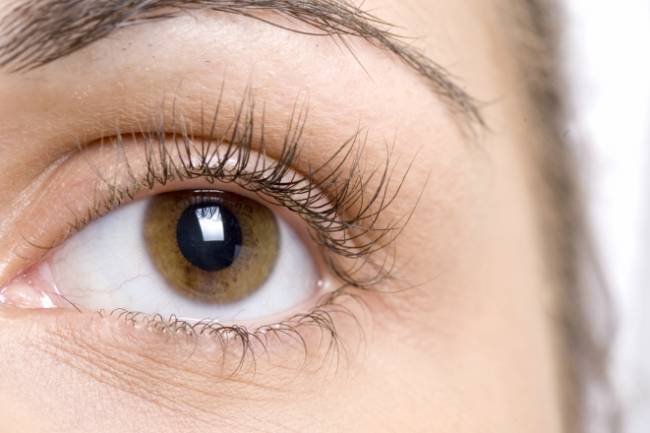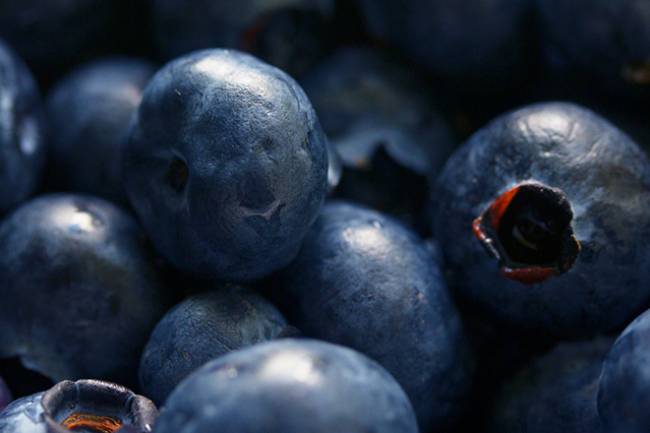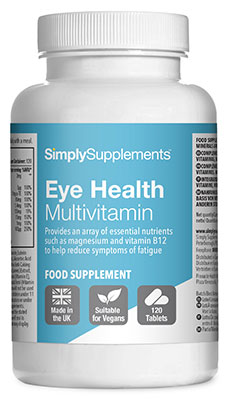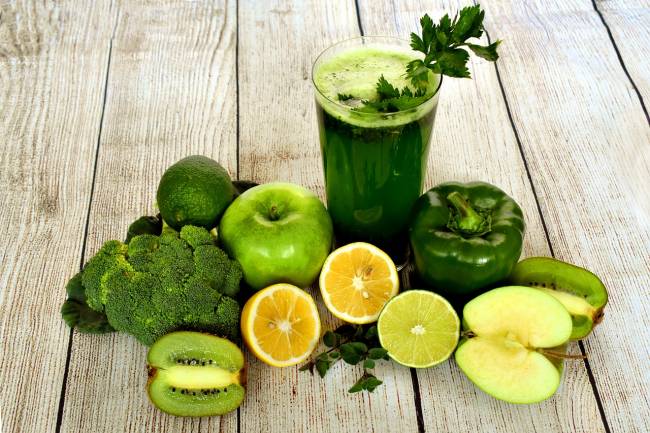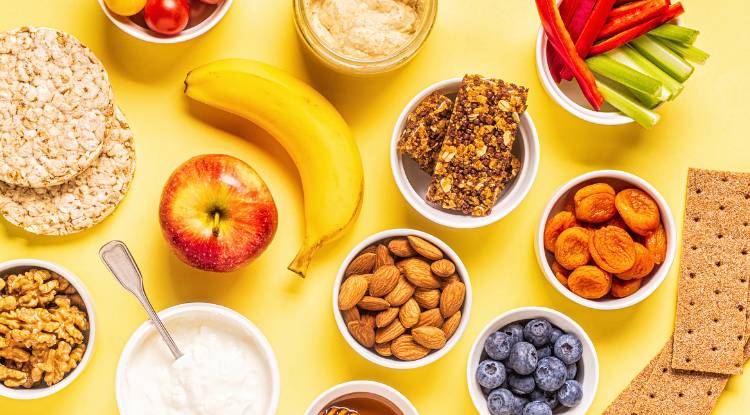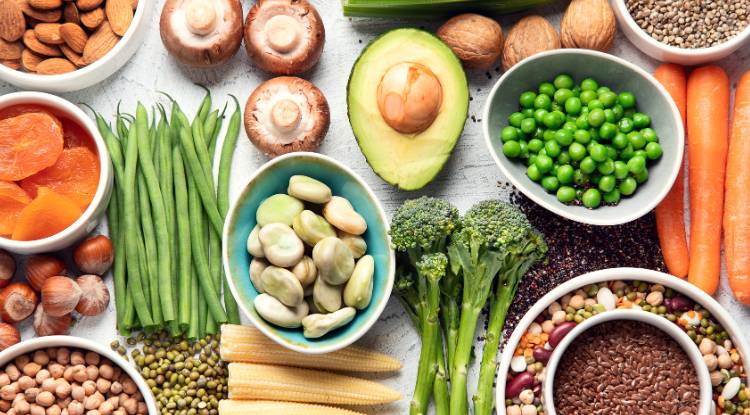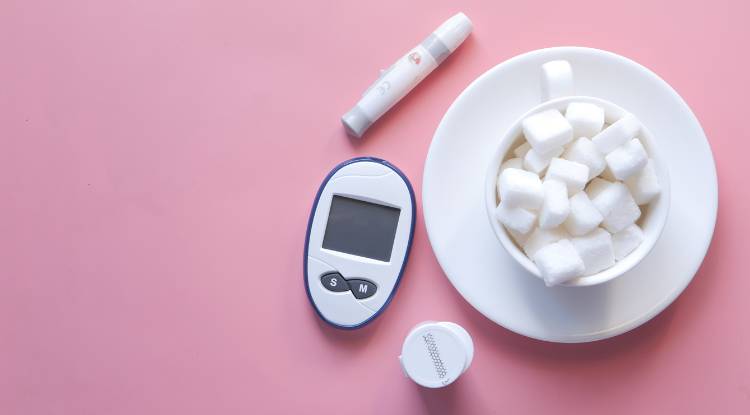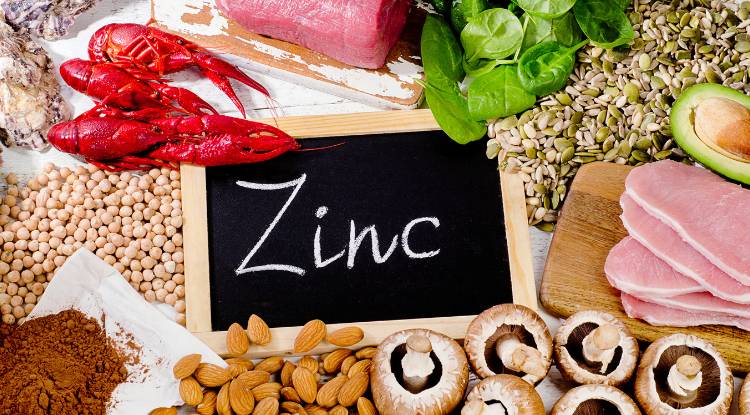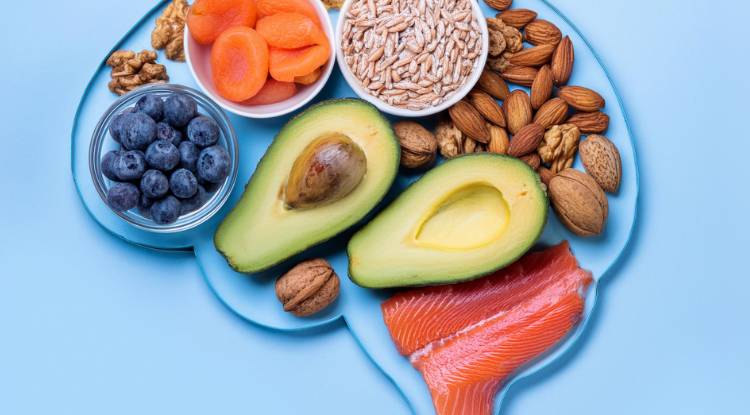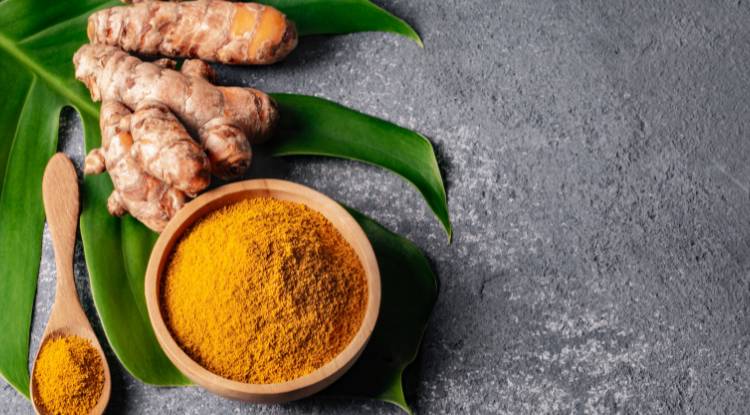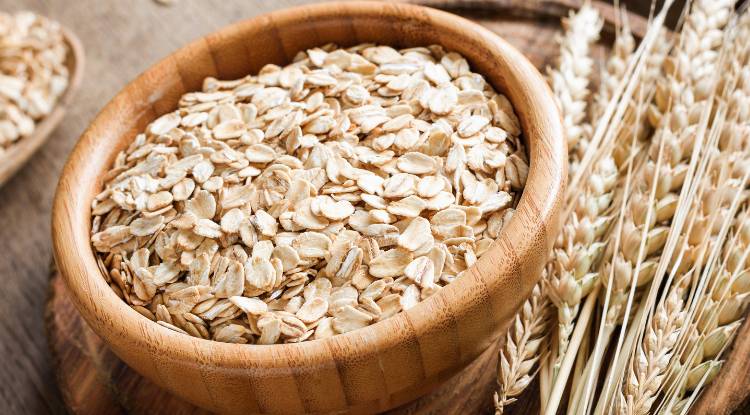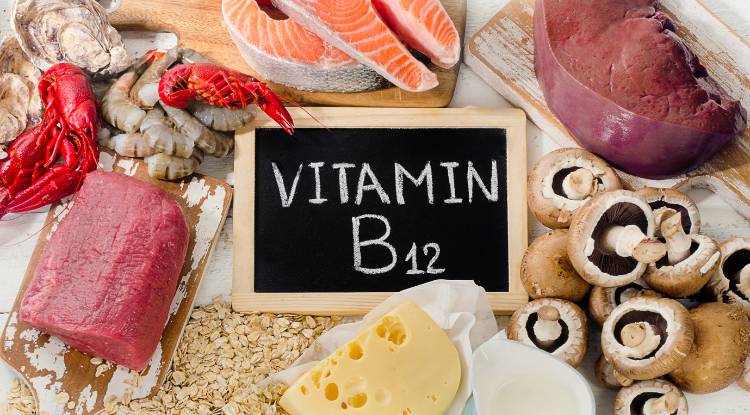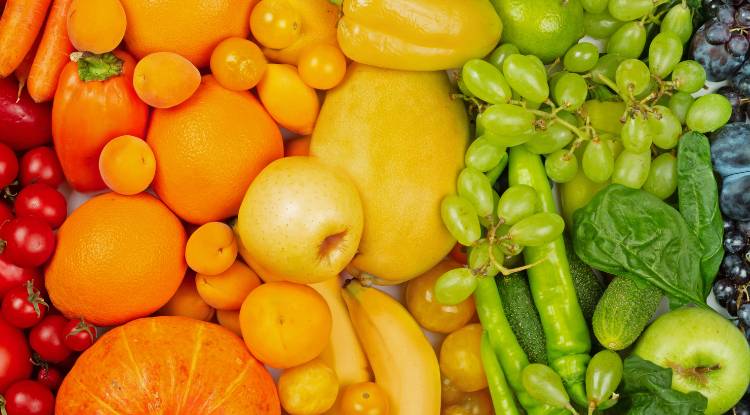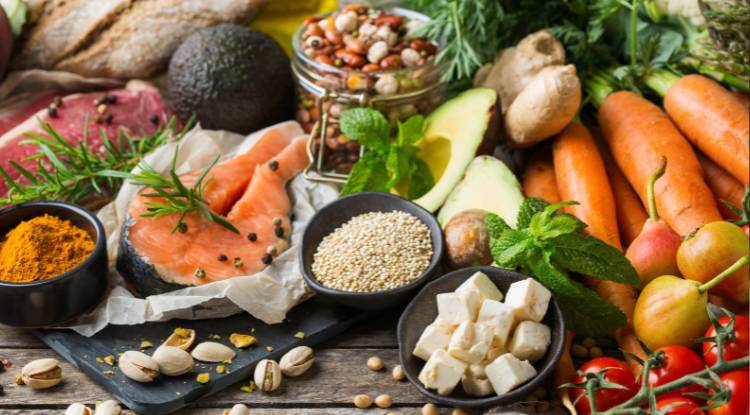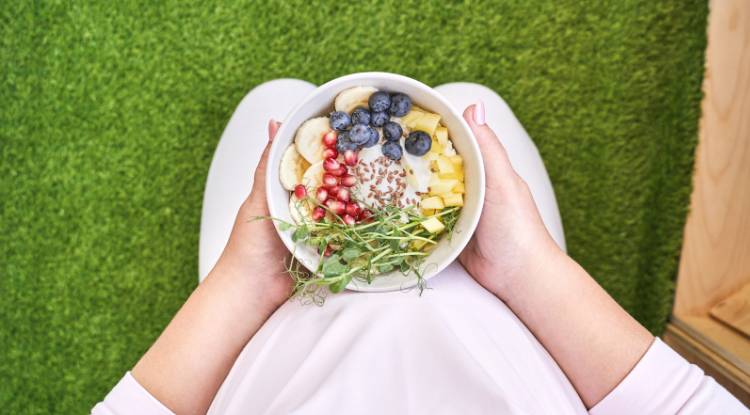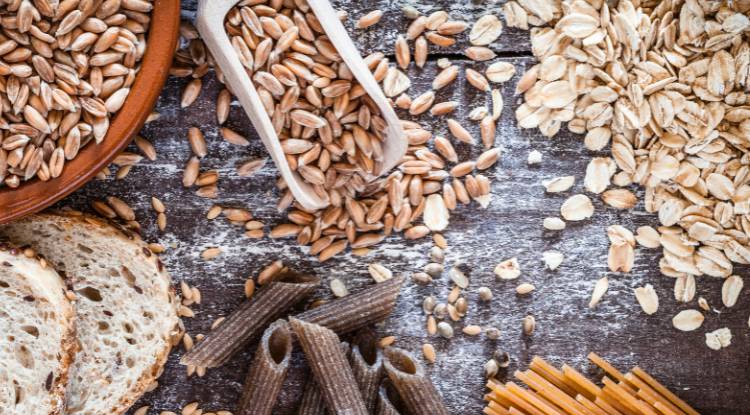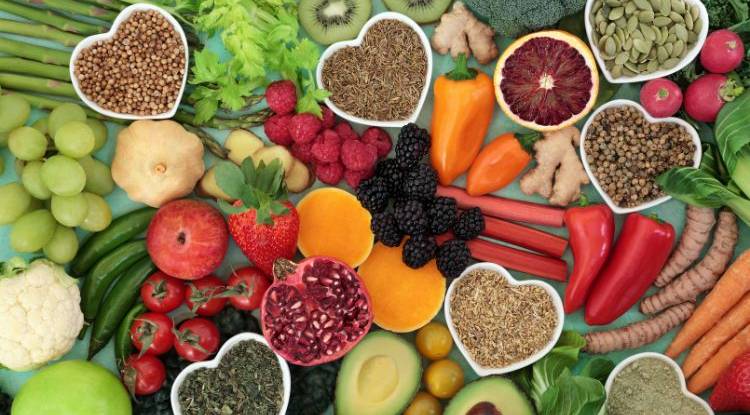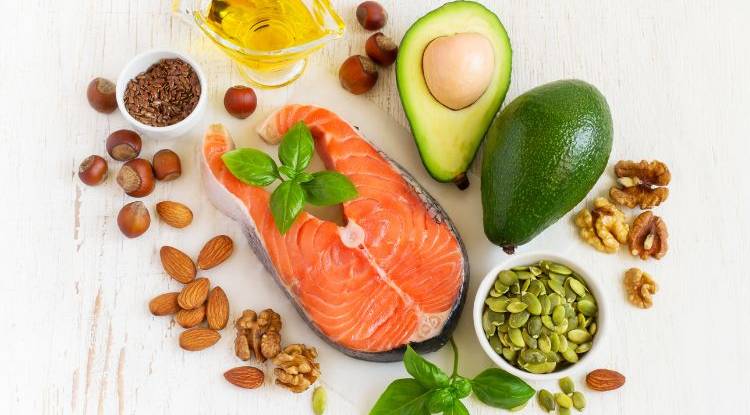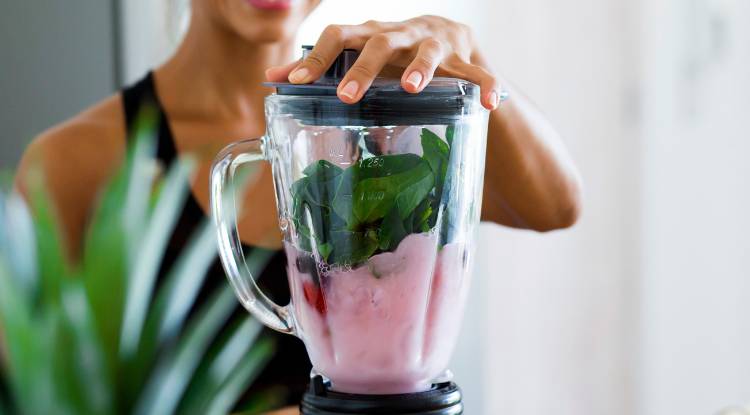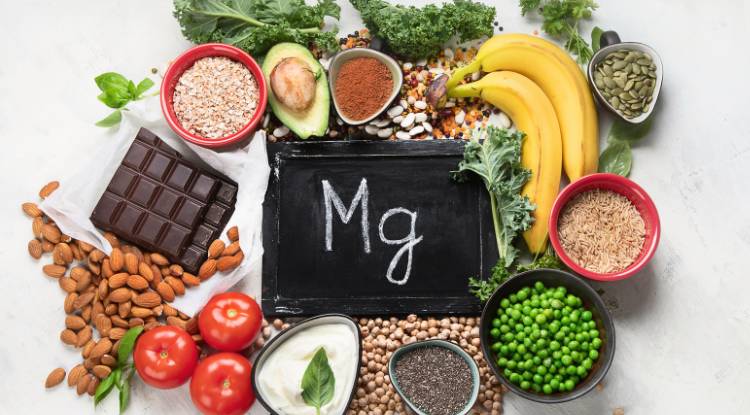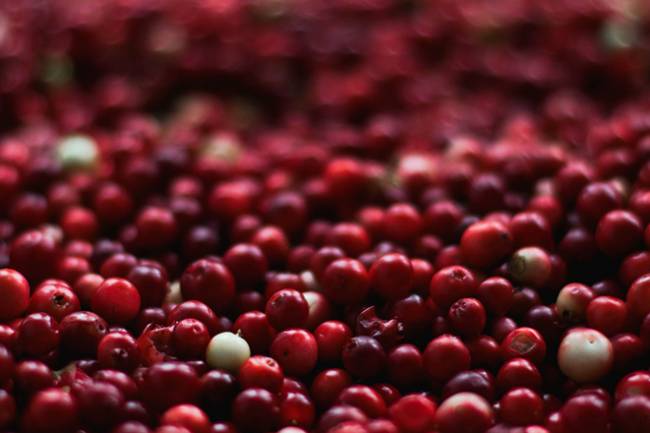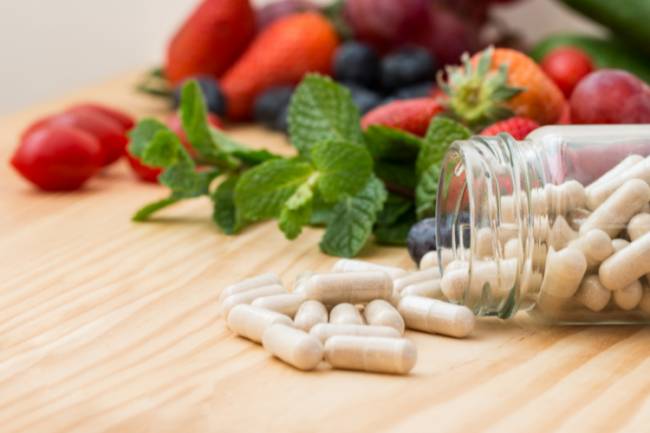Nutrients for Eye Health: What to Eat and Supplement to Protect Your Vision

We often take our eyesight for granted, until it starts to change. Whether it's tired eyes after a long day at a screen, dry eyes in cold weather, or age-related concerns like blurry vision or trouble seeing in low light, most of us will experience some form of eye discomfort or decline over time.
The good news is that certain nutrients can support healthy vision at every stage of life. By nourishing your eyes from the inside out, and pairing this with good eye care habits such as wearing protective eyewear in the sun, limiting screen time, having regular eye check-ups, and avoiding smoking, you may help slow the effects of ageing and protect against common eye conditions.
In this article, we’ll explore the key nutrients your eyes need to thrive, how they work, and where to find them in both food and supplements.
Why Nutrition Matters for Your Eyes
Your eyes are complex and metabolically active organs that require a constant supply of energy and nutrients to:
Protect delicate tissues from oxidative stress
Support blood flow and healthy circulation to the retina
Maintain moisture and tear production
Process light and send signals to the brain
Reduce the risk of age-related damage
Over time, factors like UV exposure, screen time, poor diet and inflammation can take a toll on eye health. Age-related macular degeneration (AMD), dry eye syndrome, cataracts and computer vision strain are increasingly common, but nutrition may offer a first line of defence.
Top Nutrients for Healthy Eyes
1. Lutein and Zeaxanthin
These are carotenoids found in high concentrations in the retina, especially in the macula, which is responsible for sharp, central vision. They act as natural sunglasses for your eyes by filtering harmful blue light and neutralising oxidative stress, protecting the eyes and reducing the risk of glaucoma and dry eye disease.
Lutein and zeaxanthin have been found to reduce the risk of age-related macular degeneration (AMD), a common condition that often develops from the age of 50 and can make activities such as reading and recognising faces difficult.
You’ll find lutein and zeaxanthin in dark leafy greens like kale, spinach and broccoli, as well as in yellow and orange fruits and vegetables like sweetcorn, orange peppers and carrots. They are also present in egg yolks. Supplementation can help increase macular pigment density which is the protective layer in the retina that is composed primarily of lutein and zeaxanthin. Healthy levels of this pigment is associated with better sharpness or clarity of vision, and faster glare recovery (the time your eyes take to adjust to bright light).
2. Vitamin A (and Beta-Carotene)
You may have heard the saying, “carrots help you see in the dark.” While it isn’t literally true, there is some science behind it. Carrots and other orange fruits and vegetables are rich in beta-carotene, a precursor to vitamin A, an essential nutrient for healthy vision, especially in low-light conditions. Vitamin A helps form rhodopsin, a light-sensitive protein in the eyes that enables vision in dim light. A deficiency in vitamin A can lead to night blindness (the inability to see well in low light) and dry eyes.
You can get vitamin A from animal sources like liver, oily fish and eggs, or from beta-carotene in plant foods like carrots, sweet potatoes and squash, which the body converts into active vitamin A as needed.
Many eye health supplements include beta-carotene alongside other carotenoids for comprehensive support.
3. Omega-3 Fatty Acids (Especially DHA)
Omega-3s, particularly DHA (docosahexaenoic acid), are essential for the development and maintenance of the retina. They also help reduce inflammation and support tear production, making them beneficial for conditions such as dry eye syndrome, where the eyes don’t produce enough tears or the tears evaporate too quickly, as well as eye fatigue, and poor eye surface hydration in contact lens wearers.
Omega-3s also play a role in supporting visual development in children and infants and may help slow the progression of age-related macular degeneration (AMD).
DHA is found in oily fish such as salmon, sardines and mackerel. For those who don’t eat fish regularly, a high quality fish oil or vegan algae-based supplement can help bridge the gap.
4. Zinc
Zinc is a mineral that helps transport vitamin A from the liver to the retina, where it’s used to produce protective pigments. It’s involved in maintaining healthy night vision and protecting against oxidative damage in the retina. Zinc may also support the prevention of macular degeneration and cataracts as you age.
Food sources include shellfish, beef, pumpkin seeds and legumes. Zinc and copper compete for absorption, so if you take a zinc supplement, it’s important to also be mindful of your copper levels to help maintain a healthy mineral balance in the body.
5. Vitamin C
Vitamin C is a powerful antioxidant that supports the health of blood vessels in the eyes. It’s been shown to help slow the progression of AMD and reduce the risk of developing cataracts.It also supports collagen production, which is important for maintaining the structure of the cornea and supporting capillary health.
Good sources include citrus fruits, bell peppers, strawberries, kiwi and Brussels sprouts. Most eye health blends include vitamin C as a foundational antioxidant.
6. Vitamin E
Vitamin E helps protect the eye’s cells from oxidative stress. Since the eyes are exposed to light and oxygen, they are particularly vulnerable to free radical damage, which can accelerate ageing and contribute to vision decline.
Vitamin E works synergistically with vitamin C and beta-carotene to defend the eye’s delicate tissues.
You’ll find it in sunflower seeds, almonds, avocados and olive oil. Most eye-supporting supplements include vitamin E as part of their antioxidant matrix.
7. Bilberry Extract
Bilberry is a traditional herbal remedy rich in anthocyanins, plant compounds with strong antioxidant properties. Though research is limited, Bilberry is often supplemented to support eye health and healthy vision. You can eat fresh bilberries (or blueberries) regularly, but supplements often provide standardised extracts at effective doses that may offer more consistent results.
What Happens When Your Eyes Don’t Get These Nutrients?
Without the right nutrients, your eyes may become more vulnerable to:
Dryness and irritation, especially in cold or windy conditions
Blurred vision or difficulty focusing, particularly after screen use
Poor night vision or sensitivity to bright lights
Faster ageing of the retina, leading to AMD or cataracts
Tired, sore eyes, especially if you work at a computer or use your phone often
While no supplement can cure eye conditions, many people notice improvements in visual comfort, reduced eye strain, and long-term protection when key nutrients are restored and maintained.
When to Consider a Supplement
You might benefit from a targeted eye health supplement if you:
Spend long hours at a screen (computer, phone or TV)
Are over 40 and want to protect your eyesight as you age
Have a family history of AMD or other eye conditions
Wear contact lenses or experience regular dry eyes
Struggle with night vision or visual fatigue
Don’t eat oily fish, leafy greens or colourful veg consistently
Look for high-quality blends that include lutein, zeaxanthin, zinc, vitamins C, A and E, and possibly bilberry extract for more comprehensive support.
Simple Everyday Habits to Support Your Eyes
Alongside nutrition and supplementation, a few daily practices can help reduce strain and protect your eyesight:
Follow the 20-20-20 rule – Every 20 minutes, look 20 feet away for 20 seconds
Wear sunglasses outdoors to protect against UV damage
Keep screens at arm’s length, and use blue light filters when possible
Stay hydrated to support natural tear production
Blink regularly, especially during long screen sessions
Eat the rainbow, focusing on colourful fruits and vegetables
Don’t smoke, as it dramatically increases the risk of eye diseases
Get regular eye exams, even if you think your vision is fine
Manage your blood sugars as consistent high blood sugar levels can damage eye vessels
These habits work best when combined with a nourishing diet and targeted supplementation if needed.
Final Thoughts
Your eyes work hard for you every single day, helping you connect, create, explore and experience life. Supporting them doesn’t have to be complicated. With the right blend of nutrients, consistent habits and a little care, you can nourish your vision for years to come.
Simply Supplements offers a carefully formulated range of eye health products to give your vision the support it needs, helping you see the world more clearly, both now and in the years to come. Before starting any supplement, speak with your healthcare professional to ensure it’s right for you.
Sources:
https://www.mdpi.com/2076-3921/9/11/1046
https://pmc.ncbi.nlm.nih.gov/articles/PMC8835581/
https://pmc.ncbi.nlm.nih.gov/articles/PMC3693724/
http://ies.ijo.cn/gjyken/article/abstract/20211108

 Funmi Akinola (Msc, Anutr)
Funmi Akinola (Msc, Anutr) 
